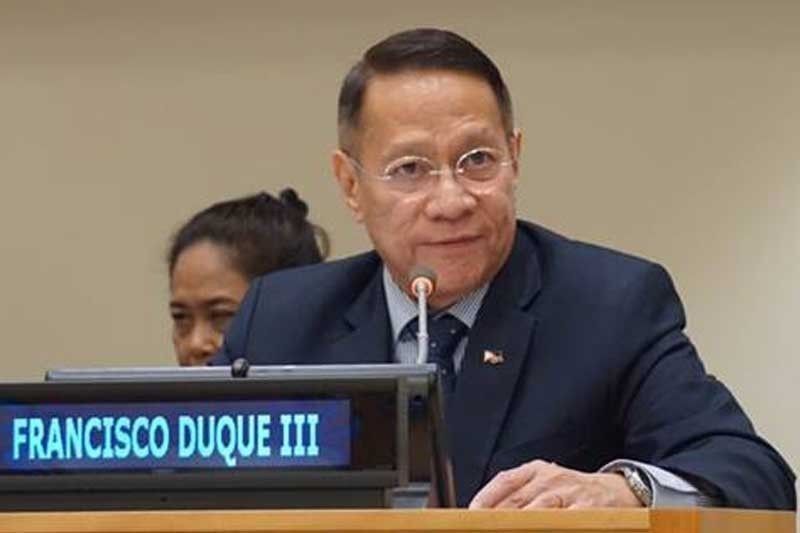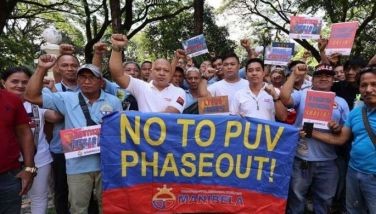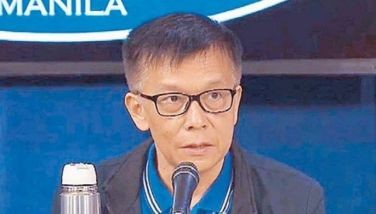Duque shuns new dengue vaccine experiment in Philippines

MANILA, Philippines — Amid reports that the clinical trial for a new vaccine against dengue has shown promising results, Health Secretary Francisco Duque III assured the public that he would not allow it to be experimented in the country.
He would rather let other countries use the vaccine first when the time for its commercialization comes.
“We have to let the other countries use it first – they can go ahead. We have to err on the side of safety and on the side of caution. That has always been my mantra as secretary of health,” Duque said.
The health chief took this stand so as not to repeat the Dengvaxia fiasco created during the Aquino administration. In April 2017, the Philippines was the first Asian country to use the vaccine for a mass anti-dengue immunization program. But seven months later, pharmaceutical firm Sanofi Pasteur admitted that the vaccine could be harmful if given to those who have not had dengue in the past.
“We have to wait, what’s wrong with that? Otherwise, we may encounter problems and it gravely affected the other (immunization) programs of DOH,” Duque stressed.
Early this month, the New England Journal of Medicine published the “primary endpoint analysis” from the ongoing Phase 3 clinical trial of the dengue vaccine candidate of Takeda Pharmaceutical Co. of Japan. The report showed that the results have “demonstrated overall vaccine efficacy of 80.2 percent among children and teen-agers in the year they were vaccinated.”
More than 20,000 study participants from dengue-endemic areas in Latin America and Asia received two doses of the vaccine candidates or placebo three months apart. The exploratory analyses of secondary endpoints showed 82.2 percent vaccine efficacy among baseline seropositives and 74.9 percent vaccine efficacy among baseline seronegatives.
The formal assessment of secondary efficacy endpoints – 18-month follow-up after the second dose – will be presented later this year while safety and efficacy will be assessed over a total of four and a half years.
Meanwhile, the Department of Health in the Cordillera Administrative Region has reported that deaths due to the dengue virus have doubled in the Cordillera this year with 22 deaths noted from Jan. 1 to Nov. 16 this year. In 2018, the CAR registered only 11 dengue-related deaths.
Its regional epidemiology and surveillance unit also reported 8,818 dengue suspect cases in the region’s district rural health units from Jan. 1 to Nov. 16 this year. The figure is nine percent higher than the 8,065 cases recorded during the same period last year.
- Latest
- Trending






























